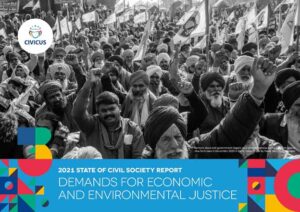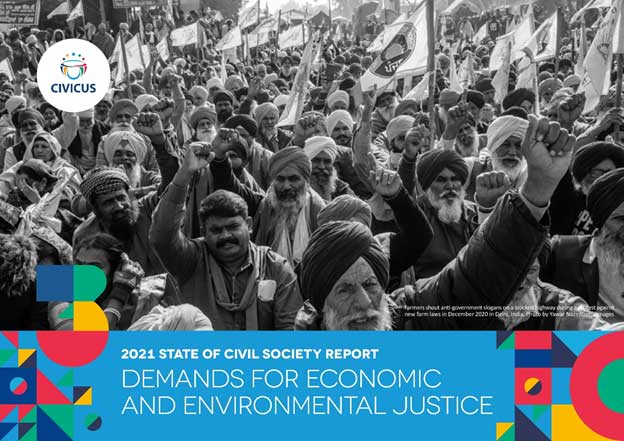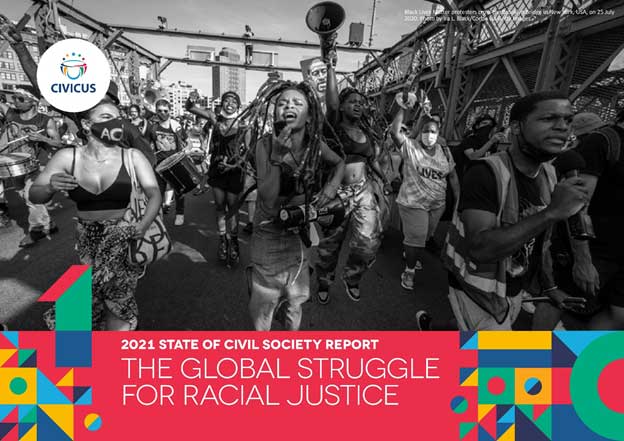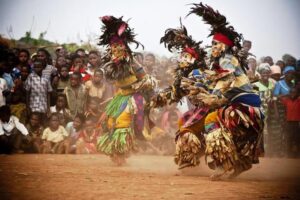
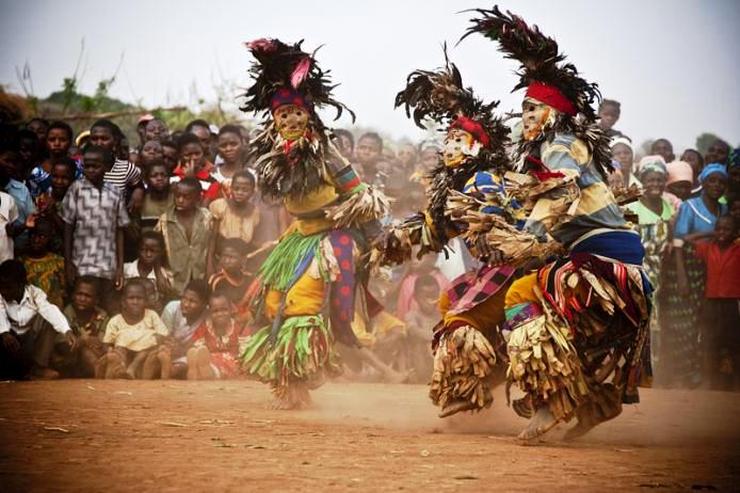
Africans all over the world celebrated Africa Day. The Day was first observed in 1963 in the Ethiopian capital, Addis Ababa when 32 African countries formed the Organisation of Africa Unity (OAU). Since then, 21 more countries have joined the OAU. South Africa was the last to join in 1994 after the end of Apartheid.
The original mission of the OAU was to help ensure freedom in African countries that were still under colonial rule in the 1960s, uphold their human rights and defend their sovereignty. The OAU would in 2002 become the African Union (AU), which to date supports political and economic integration among its 54 member nations.
Africa Day, which is widely commemorated on May 25, is a national holiday in some countries. This year’s celebration comes amid new challenges including the Covid-19 pandemic. The Day is on the theme: Arts, Culture And Heritage: Levers for Building the Africa We Want.
Africa Day, which is widely commemorated on May 25, is a national holiday in some countries. This year’s celebration comes amid new challenges including the Covid-19 pandemic. The Day is on the theme: Arts, Culture And Heritage: Levers for Building the Africa We Want.
To celebrate Africa Day, here are seven interesting facts about Africa you should know.
Africa is not a country
You probably know this, but it must be repeated — Africa is not a country. To those who think Africa has similar histories, cultures and challenges, kindly note that the continent is made up of 54 sovereign states (plus the disputed territory of Western Sahara) that are diverse culturally and geographically.
Africa is not all about famine and poverty
It is documented that about 40% of the continent’s people live on less than $1.90 a day, but things have been improving. In 2011, it was found that one in three Africans is now middle class. Researchers discovered that record numbers of people in Africa own cars, houses, send their kids to private schools and foreign universities while using mobile phones and the internet. “There is a middle class that is driven by specific factors such as education and we should change our view and work with this group to create a new Africa and make sure Africa realises its full potential,” Mthuli Ncube of the African Development Bank said at the time.
In fact, six of the 10 fastest growing economies in the world are African — Tanzania, Rwanda, Ethiopia, Côte d’Ivoire, Ghana and Benin. In 2015, Ethiopia was the world’s fastest-growing economy. The country’s real GDP grew by 10.2%, IMF said.
And if you thought the region was all savannah and wild animals, please take note that Africa has gorgeous cities, historic ancient sites, and beautiful beaches as well.
Every African country has English, Portuguese, French or Arabic as one of their official languages, except Ethiopia
Over 25% of the world’s languages are spoken only in Africa. Around 2,000 languages are in use in the continent. Europe colonized all of Africa except Ethiopia and Liberia. After those colonized gained their independence, they still kept the language of their colonizer as one of their official languages. At the time, Liberia, having been founded by African-American settlers in 1847, already had English as its official language. Ethiopia was not colonized, though it was briefly conquered by Italy ahead of World War II. Thus, to date, its official language is Amharic. Many students however study English as a foreign language in school. Curiously, more people speak French in Africa than those in France do.
The earliest stages of human evolution are believed to have begun in Africa
This was about seven million years ago as a population of African apes evolved into three different species: gorillas, chimpanzees, and humans. From prehistoric Africa, humans would spread to populate much of the world by 10,000 B.C.E. Then came some of the world’s first great kingdoms, with the most famous being Egypt, which existed from roughly 3,150 to 332 B.C.E. Other ancient kingdoms were Carthage in Tunisia, Axum in Ethiopia, and Kush-Meroe in present-day Sudan, all of which lasted for many years. Kingdoms of Mali (c.1230-1600) and Great Zimbabwe (c. 1200-1450), which were involved in intercontinental trade, became famous for being wealthy states. Before European colonization, all of the above states, apart from being powerful, prospered in Africa.
Africa’s population will triple by the end of the century
Even as the world shrinks by the end of the century, Africa’s population will triple in the same period. A Lancet report says that Nigeria, already Africa’s most populous country, will see an expected population of 790.7 million by 2100. Nigeria will become the second biggest country globally by 2100, behind only India. Other countries in Africa are expected to have populations higher than 100 million by 2100, including Niger and Chad. The expected population growth will be due to Africa’s young population and the current high fertility rates across the region, the report says. It has already been reported that over 50% of Africans are under the age of 20, compared to a global median age of 30. By the year 2100, 40% of the global population will be African.
South Africa produces almost half of all the gold mined in Africa
South Africa is well known for its rich deposits of gold, a majority of which comes from the Witwatersrand Basin, which hosts the largest known gold repository on Earth. It is estimated that 40 to 50 percent of all the world’s gold ever mined has come from Witwatersrand. The Witwatersrand Basin is an underground geological formation that was then “the floor of a prehistoric sea where rivers deposited their sediments, forming gold and other minerals.”
A small town in Kenya is where the best distance runners in the world are trained
In Western Kenya near the Rift Valley is Iten, a small Kenyan town which is now a mecca for runners from around the world. Thousands come from around the world to train and be discovered in the town that it’s known as “the city of champions.” Some of the world champions from the community include Eliud Kipchoge, who is referred to as “the greatest marathoner of the modern era”; Wilson Kipsang, who has run under 2 hours 4 minutes for the marathon on four separate occasions; and Vivian Cheruiyot, who won the 2018 London Marathon. An increasing number of international top athletes like British Olympic champion Mo Farah have traveled to train in the Rift Valley.

